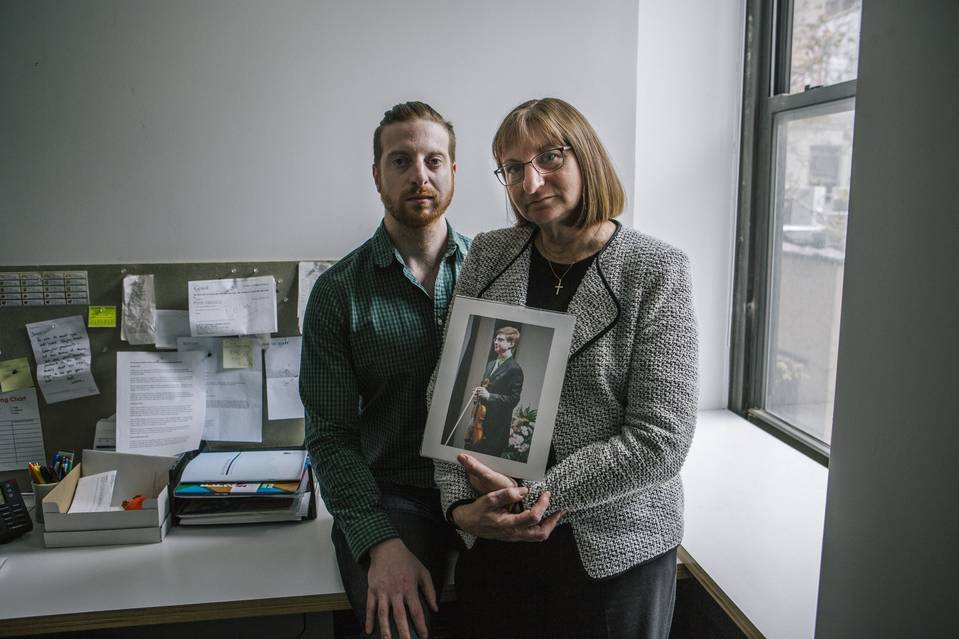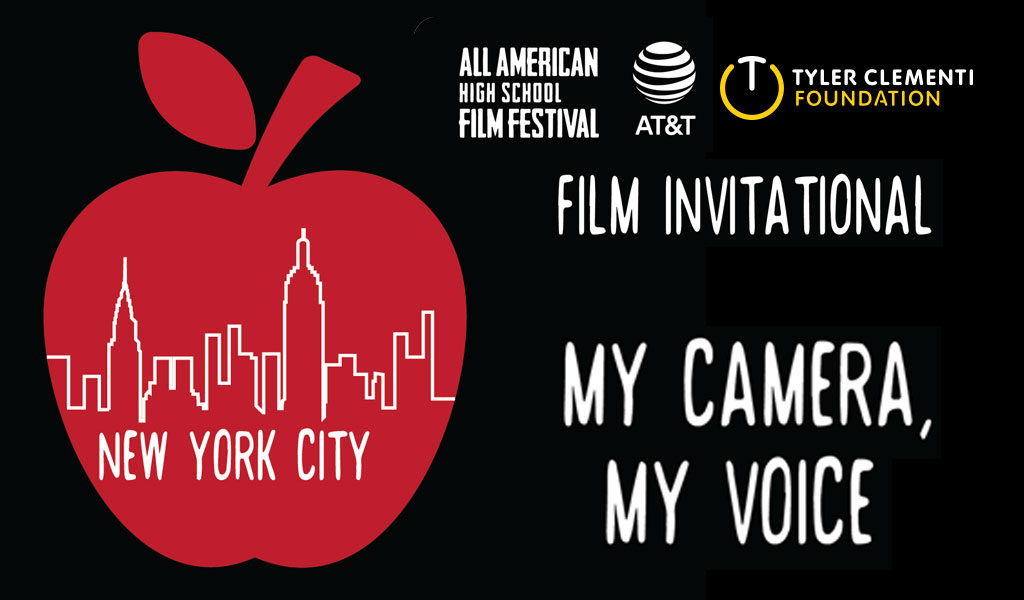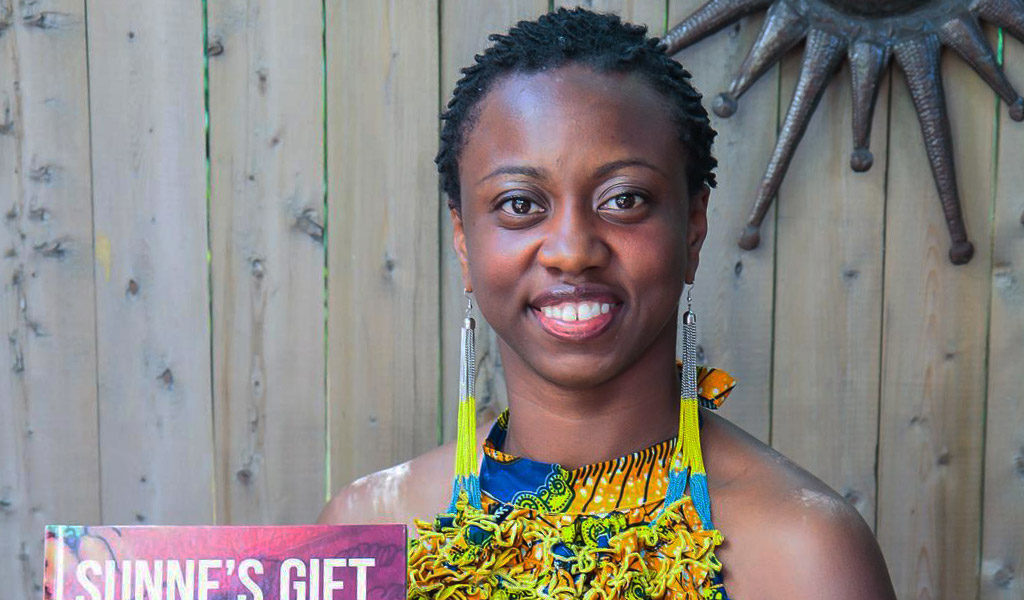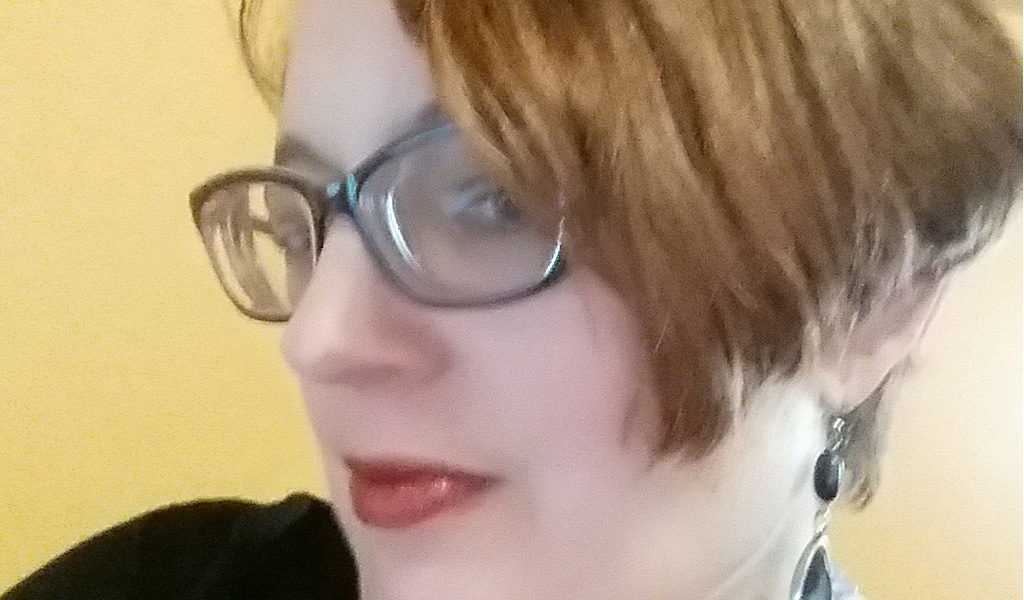
What does respect mean to you?
Respect is an interesting thing. There is a basic level of consideration that should be given to anyone by virtue of our mutual humanity. Then, there is the level of consideration of holding someone in high regard based on their actions. I think it is important for kids to understand both approaches and the duality that they can have compassion for someone whose actions are unappealing – whether it is understanding that someone who is bullying them may be coming from a place of being bullied or abused themselves or resisting the urge to participate in group ugliness against someone who doesn’t fit in.
Why is the issue of bullying important to you?
I was teased relentlessly throughout elementary school to the point where I started seriously contemplating suicide. In the 1980s, verbal bullying didn’t really count, which is something we realize now can be as harmful as traditional physical harassment. The internet has raised the stakes to a whole new level. Now bullies can hide behind anonymisers and never even face the person that they are attacking. As a parent, it is hard not to obsess over what will happen as my kids participate more online particularly, and even at school, “Mean Girl” behavior starts in Kindergarten, even preschool, and it’s not limited to girls. It’s also not something limited to kids.
How do you know when you see bullying?
One of the hardest things to help kids understand is the difference between someone being “just” mean and bullying. It’s like the line between tattling and telling a teacher something that they need to know. Sometimes, it’s obvious. Anything involving physical harassment or violence or threats of harm is pretty clear cut. It’s that teasing piece that is difficult. I think the biggest marker of that sort of bullying is whether it is targeted and persistent. All kids can have their terrible moments. It is important to distinguish between “Cassidy called me a mean name today at recess,” and “Cassidy calls me mean names every recess.” One might be a kid being a jerk because they are having a bad day while the other is a pattern of behavior.
As parents, we also have to be willing to gently question our kids’ perspective. We’ve had the scenario where one of my kids reports that certain other kids are regularly calling them certain names and are generally mean to them. Then, when we go to talk to the teacher and ask who our child plays with, the first kids named are the ones we were going to bring up as engaging in bullying behavior. Certainly, both can be true, but it is important to be willing to see multiple sides as parents while still advocating for our kids. Parents have to be willing to see the possible negatives in their own kids and even be willing to accept that their kids might actually be one of the bullies in some situations.
Have you ever been bullied or felt like you were in a hostile space directed at you? If so, could you share what happened?
Oh yes. I was a weird smart kid who didn’t really get how to hide it in a time where there was no cultural appreciation of geekdom or sexual fluidity. I’ve actually written about the experience, the resulting suicidal behavior, and the after effects here. As I got older, it was difficult coming to terms with my sexuality because I didn’t really have a name for being attracted to both boys and girls. I didn’t feel like I really fit in anywhere.
As a parent, what do you do to let your children know that it is ok to talk to you when they feel like they might be being bullied?
I think that this is part of letting your kids know that they can talk to you about anything. We try to have open conversations about anything they are concerned about or have questions about. The biggest mistake I think parents make – and I confess to having occasional issues with it, too – is to try to downplay when our kids tell us about issues in an effort to toughen them up a bit or to “help” them feel better about the situation. In reality, downplaying it is an adult response that helps adults feel better, but that can also lead us to mistrust our instincts about people and situations—something kids are just learning to do. The worst thing I could hear as a child was and adult say, “Just ignore them,” or “It’s no big deal.”
I understand better as an adult where that impulse comes from: a combination of not knowing what else to say and having more perspective. It feels so dismissive as a kid, like they are the problem or deserve it because they are unable to control their own urge to react. I spent most of my childhood thinking that it was my fault that I was teased because I did react, and I did cry, and I internalized that idea that if only I wouldn’t give the bullies the satisfaction of getting a response, everything would be okay. Now, I recognize that as the victim blaming that it is. I also understand how much the adults around me wanted to help but didn’t know how.

What steps have you taken once you hear from your child or another source that your child or another child might be being bullied?
It depends on the situation, but generally speaking, after talking to my children and learning as much as I can, I always want to talk to another adult in charge. Like I mentioned in my previous example about the other students teasing my daughter, teachers and other adults don’t always realize what is happening because kids are good at hiding their bad behavior. We have had some good experiences with teachers and counselors who have been very skilled at discussing inclusion and respective differences without singling out targeted kids, and we’ve had some not so good experiences. It is important for kids to know that you have their back.
Religion plays such a significant role in American life. Do you feel communities should be discussing inclusion and collaboration of different faith identities in addition to the identities of people who do not participate in religious life?
I am conflicted about this. I know that there are wonderful inclusive congregations that are truly welcoming. However, as I experienced “inclusiveness” as a child who was raised in a home without religion, interfaith activities can be thinly veiled conversion endeavors which can start to feel like bullying in themselves. I find myself highly suspect of teen motivational speakers for that reason. Organized religion is an inexorable part of American life, but religion can also be part and parcel of bullying. I hear all the time about kids 6, 7 years old being bullied by other kids telling them they are evil and going to hell, which is something that hasn’t changed since my childhood. That can be some of the hardest conversations for parents who do not practice a dominant religion, since in some areas, school officials are not open to addressing this sort of bullying because the principal and teachers may be part of the congregation where the bullying kids affirm these messages.
I guess I would like to see religious communities make it clear that religion-based bullying is not acceptable within their communities as well as in the world at large. Freedom of religion is for everyone, including those who exercise the right not to believe or to participate in less popular faiths. Bullying on the basis of religion should never be acceptable, but that message needs to come from religious leaders, not secular families who are just trying to live their lives.
What do you think people should be doing to create safe space for people of diverse or non-faith?
I can mostly speak to non-faith. It is difficult to build a community around the absence of something. However, there is a vibrant community of non-believer parents on Facebook where like-minded individuals provide support without spiritual intrusion. It is nice to have places to talk about the bullying that our kids encounter without religion being an issue. The network that I blog for is expressly skeptical, and we try to provide evidence-based commentary on these issues. Facebook groups for school PTAs and the like are also becoming more common which gives parents a way to connect around their local schools in ways they might not have time to in person.
I would like to see more expressly humanist, non-denominational, non-religious support, but that can be hard for many of the reasons I have already stated. I am fortunate to live in a very diverse area where there are a lot of options outside of faith-based organizations. Not every town has those kinds of options. For folks of faith in progressive congregations—which I absolutely know exist—keep reaching out and making it clear that your doors are open without judgement. It’s important that people of faith not be offended when skeptics are, indeed, skeptical. For the most part, parents and kids are in this together, and ultimately, we want similar things for our kids even if we use different language.
Can you tell us about a time when a friend (or stranger) helped support you when others were being unkind?
Throughout my childhood, there were adults who made space for me—great school counselors who always found the time to talk, the year book adviser who made room for a third-grader looking for a place to land, the summer school organizer who encouraged me to get involved with the program during the year and to help out. Sometimes, the best thing adults can do is to find ways to just let kids in and be themselves for a while.
If you could say one thing to anyone who is the victim of bullying, what woulust don’td it be?
You matter. You are heard. You are loved.
Emily Sexton is a blogger, poet, wannabe novelist, lawyer, mother, and can do it all if only there were more hours in the day. After a childhood in central Illinois, she moved east for law school and has lived in the inner DC suburbs since 1999. She often can be found nursing a beverage and reading something. Follow her on Twitter: @emandink.
The views or experiences expressed are solely those of the contributor or interview subject and do not represent the views of the Tyler Clementi Foundation, its staff or board. If you have any questions or concerns regarding the material, please contact the Tyler Clementi Foundation, and we appreciate your support and commitment to end bullying starting on #Day1.

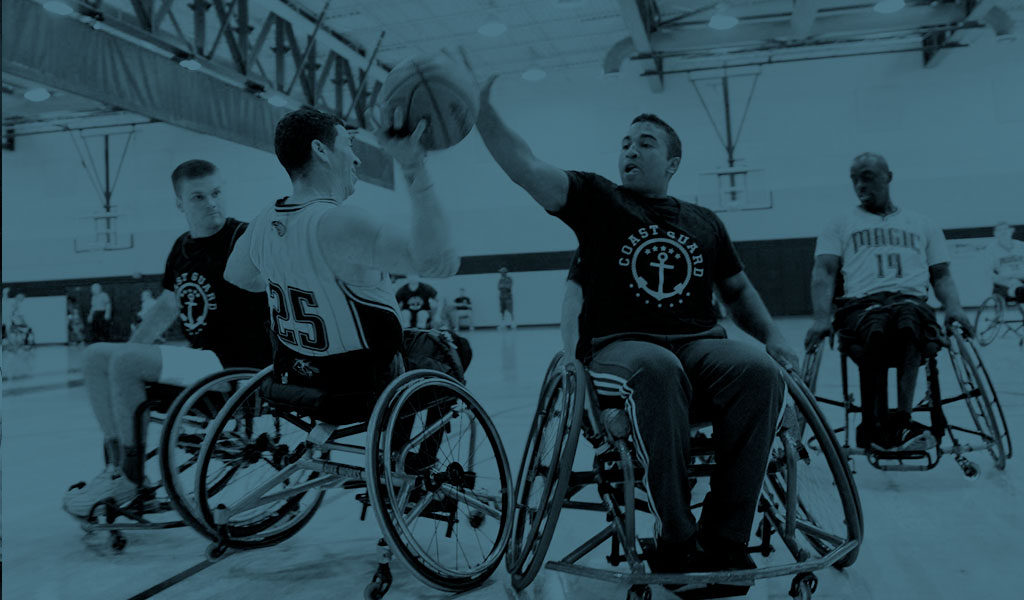
 David J. Thomas, Ph.D. serves as the Educational Accessibility Advisor and the ADA/504 Coordinator at the University of the Arts in Philadelphia and the Higher Education and Design Principal at Independence Access Associates, LLC in Drexel Hill, PA. Dr. Thomas holds an appointment as Adjunct Assistant Professor of English at Temple University and serves on the Human Subjects Institutional Review Board (IRB) at the University of the Sciences and the Board of Directors of the Disability Rights Network of Pennsylvania and the Mental Health Advisory Council.
David J. Thomas, Ph.D. serves as the Educational Accessibility Advisor and the ADA/504 Coordinator at the University of the Arts in Philadelphia and the Higher Education and Design Principal at Independence Access Associates, LLC in Drexel Hill, PA. Dr. Thomas holds an appointment as Adjunct Assistant Professor of English at Temple University and serves on the Human Subjects Institutional Review Board (IRB) at the University of the Sciences and the Board of Directors of the Disability Rights Network of Pennsylvania and the Mental Health Advisory Council.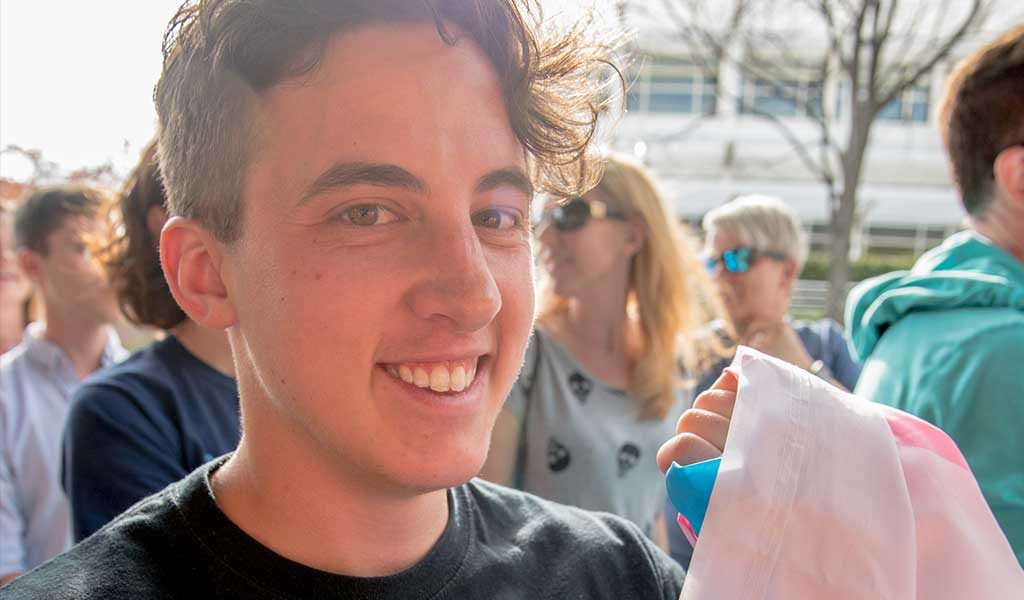

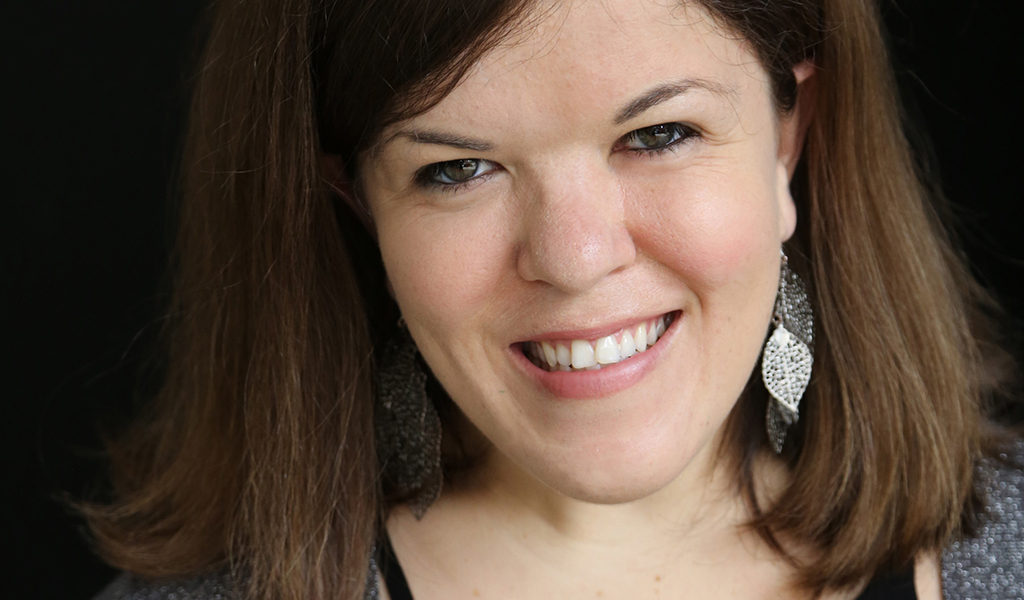

 Sameer Hinduja, Ph.D. is Co-Director of the Cyberbullying Research Center found online at
Sameer Hinduja, Ph.D. is Co-Director of the Cyberbullying Research Center found online at  “My heart simply breaks for the victims and their families. When will people open their eyes and see the horrific impact of their misguided teachings of bias, discrimination and hate that devalues the human spirit, whether it is in the dramatic physical actions of taking another life or in the slow and steady emotional toil of ongoing bullying. Love will win and these outrageous acts of evil will stop.”
“My heart simply breaks for the victims and their families. When will people open their eyes and see the horrific impact of their misguided teachings of bias, discrimination and hate that devalues the human spirit, whether it is in the dramatic physical actions of taking another life or in the slow and steady emotional toil of ongoing bullying. Love will win and these outrageous acts of evil will stop.”